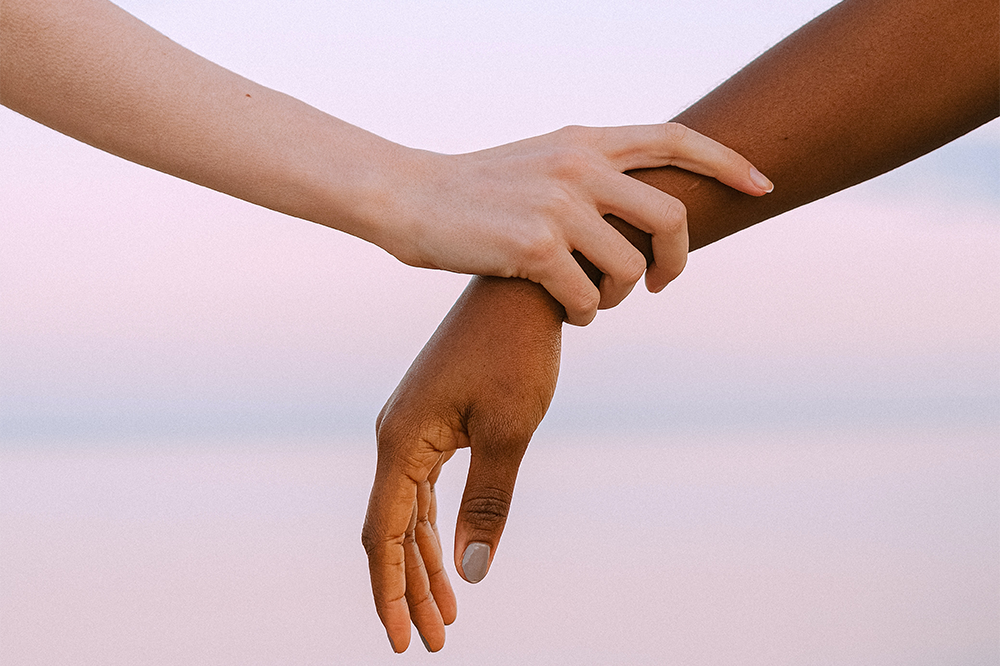Meet Basic Needs
Those going through trauma can help support themselves by remembering to take these steps:
Sleep – Try to get eight hours of sleep, or the amount that makes you comfortable.
Eat Healthy – Avoid overly greasy or sugary foods and eat nourishing foods.
Exercise – Whether it is taking a short walk, going for a run, playing a sport, or going to the gym, any kind of physical activity can help.
Limit Time on Your Phone – Putting your phone on do not disturb and take a break from constantly taking in information from media or social media apps. Social media may include fake information, making the feelings associated with trauma worse.

